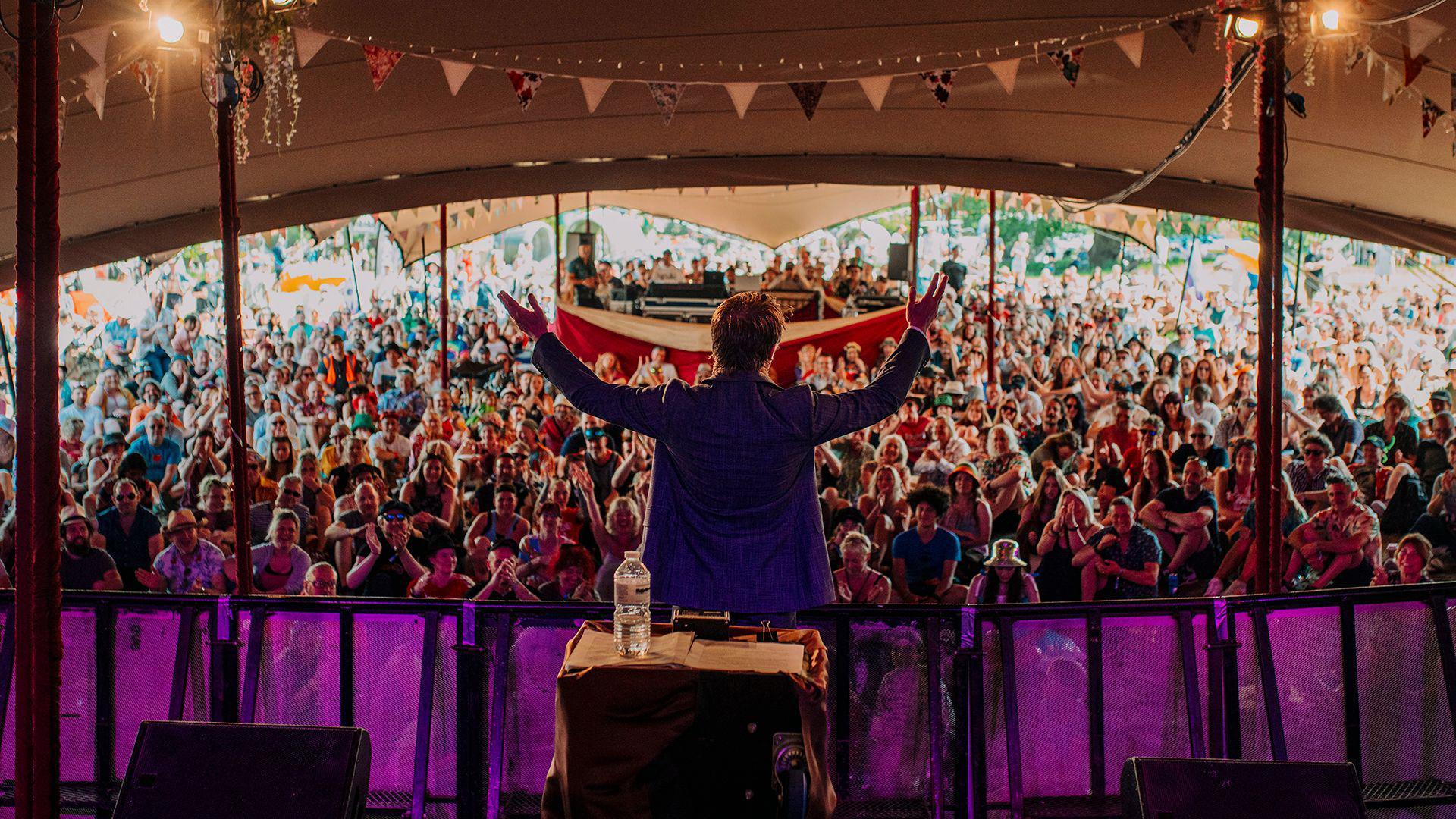City-wide music levy could help nurture artists
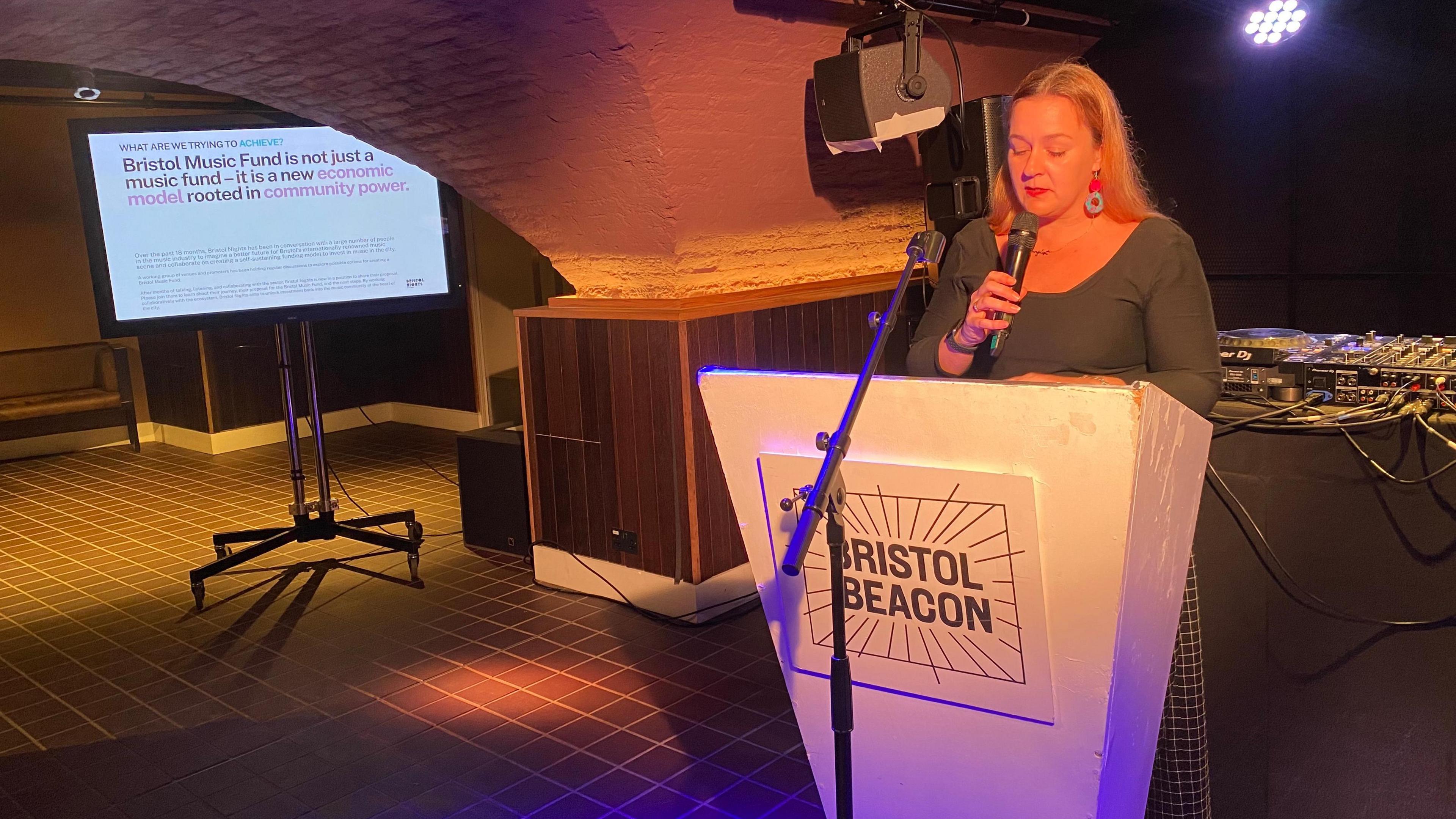
Carly Heath is "hopeful" enough venues and promoters will sign up to the Bristol Music Fund
- Published
A city is hoping to become the first in the UK to launch a ticket levy after leaders laid out their proposals to the local music industry.
The idea comes amidst a deep financial crisis in the music sector, with 125 independent venues closing around the country in 2023.
Carly Heath, Bristol's night time economy advisor, said the 1% fee added onto tickets at participating venues and events could generate up to £1m each year.
"That would transform the music industry in the city," said Ms Heath, explaining the money would support "music venues, events and music making".
Ms Heath said the rates relief for venues dropping from 75% to 40% in the new budget would "add in loads of extra costs" for venues.
But she said music fans were "happy to support" the local scene, adding that a survey done by Bristol Nights, the council-run project working on the ticket levy, found 93% of local people were in favour of it.
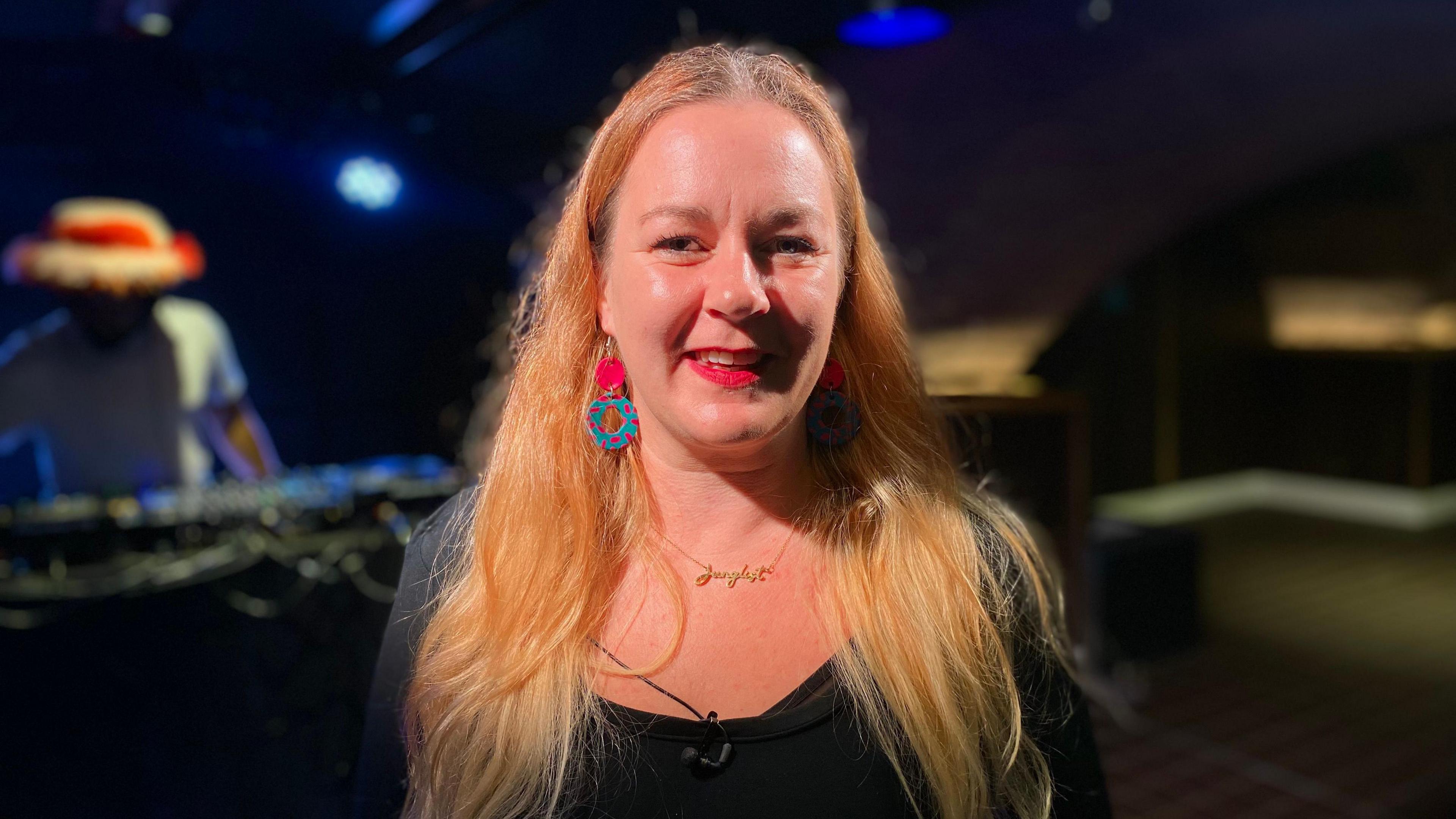
Ms Heath said venues and promoters "are really struggling"
On Wednesday evening, the council put its proposals to local and national music industry representatives.
Tom Kiehl, the CEO of UK Music, said the model could inspire other cities to do the same.
"There’s a big discussion at the moment in the industry about whether arena and stadiums can agree a levy to support the grassroots in the sector.
"Those conversations are ongoing, so its actually really interesting to see a really positive local solution being developed in this area," he said.
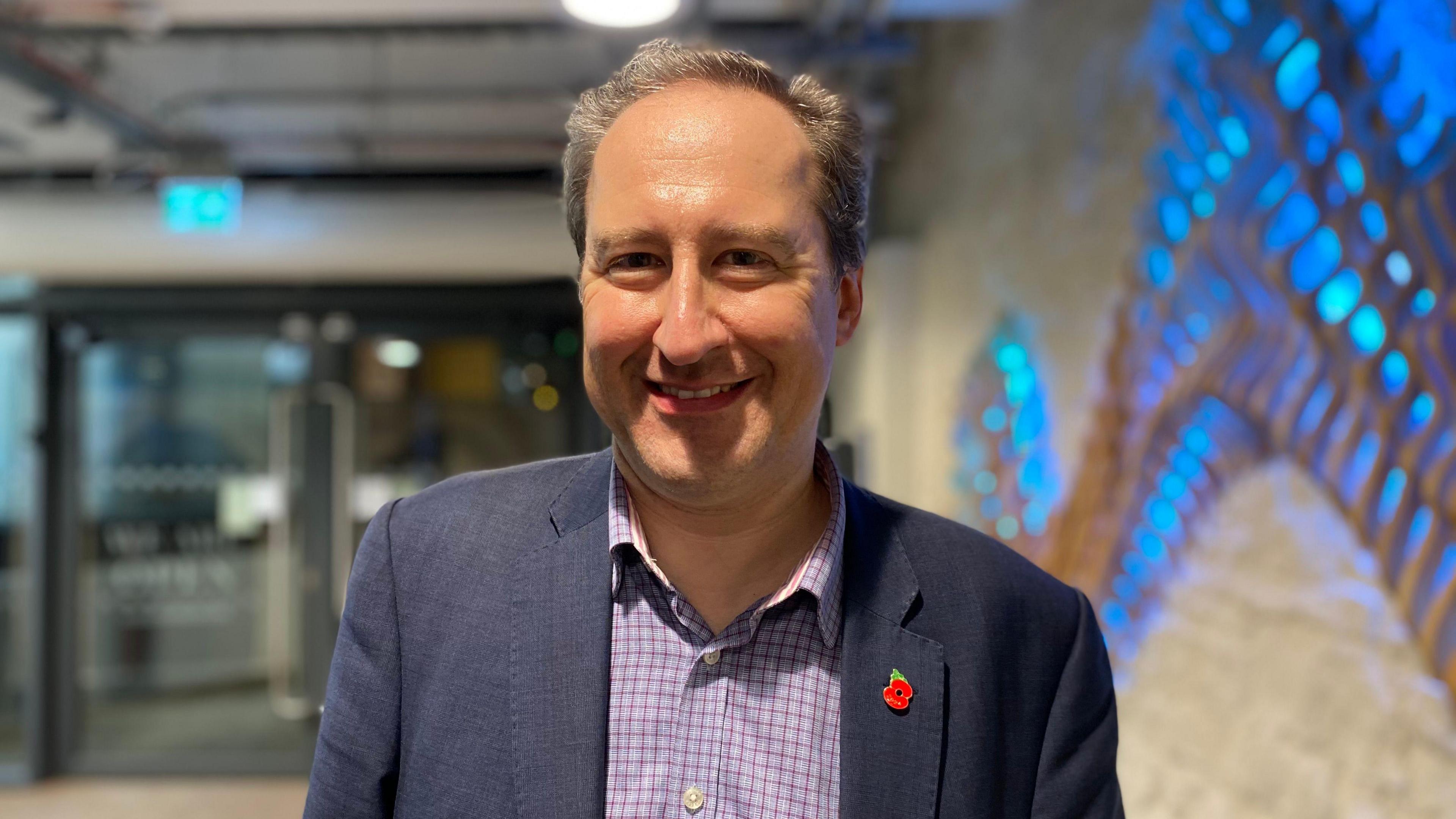
Tom Kiehl said culture "has a very profound impact on local areas"
Glasgow is also considering introducing a ticket levy and in Halifax, such a scheme already exists on a smaller level, where ticket sales for The Piece Hall, an outdoor venue that can hold up to 6,000 people, help to subsidise five other, smaller venues.
The Bristol Music Fund would be run by a community benefit society, which would give out the money in forms of grants to those who need it.
Heidi Wort, director and bookings manager of the Bristol music venue Exchange, said they "probably will" opt into the scheme.
"I know that it’s tough, everyone’s asking for more money at the moment, but I would ask that the ticket public to really think about the transparency of this fund and where this money is going and hopefully really buy into it because I think it could make a big difference."
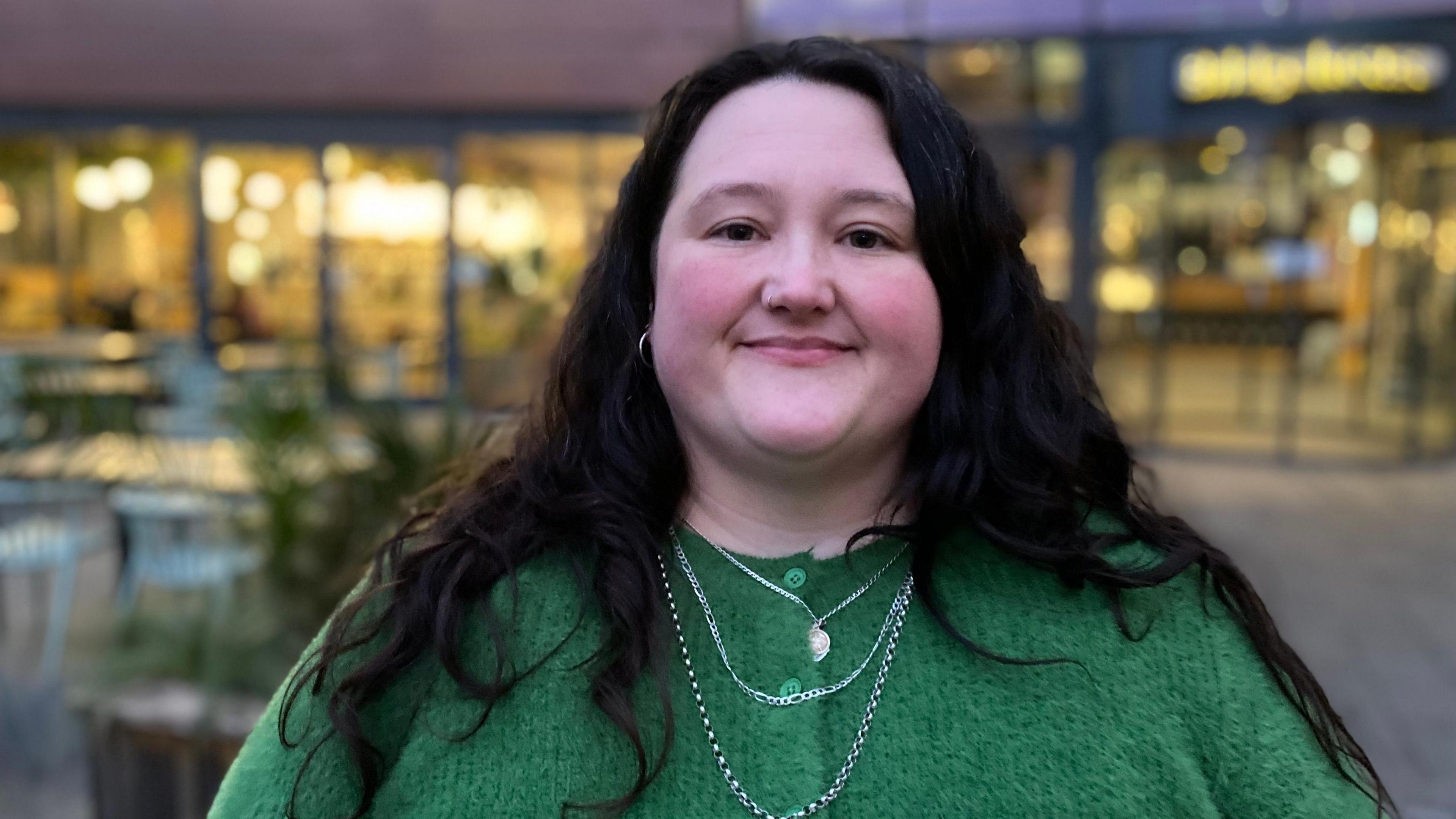
Heidi Wort said the ticket levy sounded "really promising"
Sarah Clayton from the Bristol band Life in Mono said creating a local fund was "a brilliant idea" because with national grants artists are up against "every other artist nationally that's applied for that grant".
Her bandmate Adam Darroch-Thompson said: "There's very few [venues] that can really give you any kind of financial reward for playing."
While he backs the ticket levy scheme, he said music fans who buy tickets and merchandise were already "putting loads of money into the music system".
"I think [the ticket levy] is a really great idea to try and support small musicians, small venues... but ultimately I don't think it should be put on the consumer, who are the people who are already coming to the shows, to create that money.
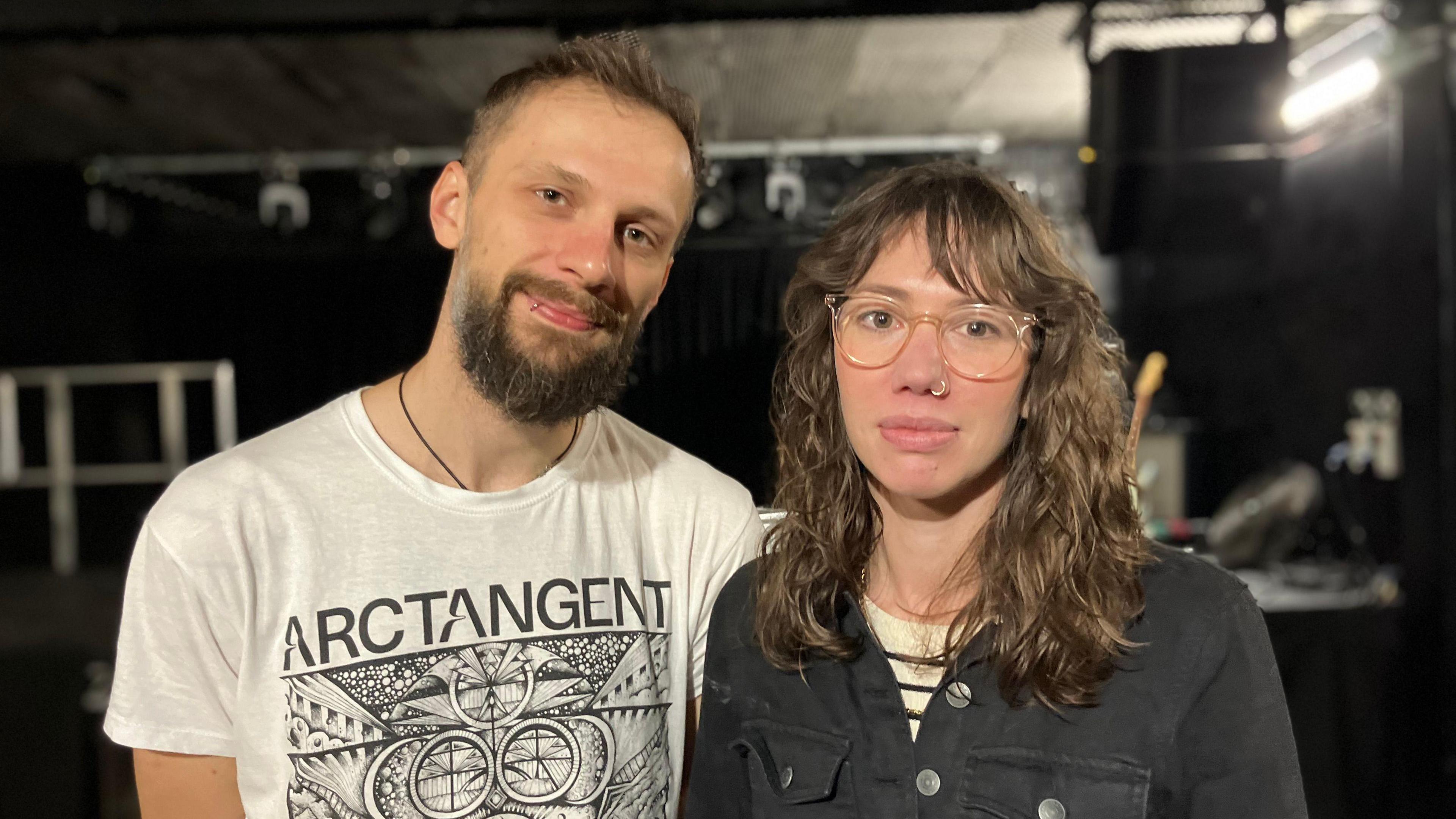
Adam Darroch-Thompson said trying to make money as an artist is "kind of a nightmare right now"
A spokesperson for the Department of Culture, Media and Sport said: "The Culture Secretary has committed to work closely with stakeholders and across government to support an economically sustainable grassroots music sector.
"We want a live music sector that nurtures the next generation of British talent and we are extending Arts Council England's Supporting Grassroots Music Fund."
Get in touch
Tell us which stories we should cover in Bristol
Follow BBC Bristol on Facebook, external, X, external and Instagram, external. Send your story ideas to us on email or via WhatsApp on 0800 313 4630.
- Published24 May 2024
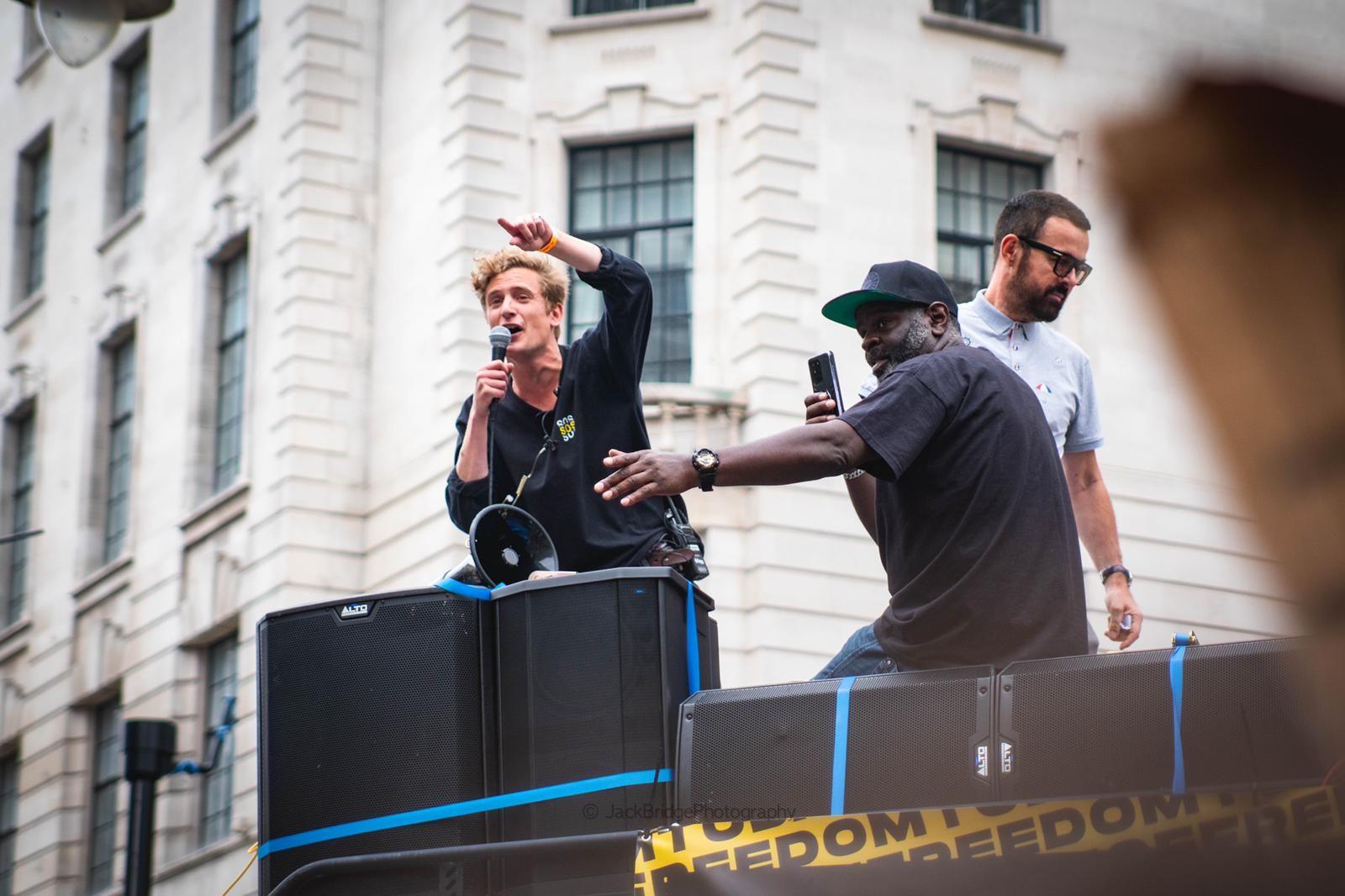
- Published11 May 2024
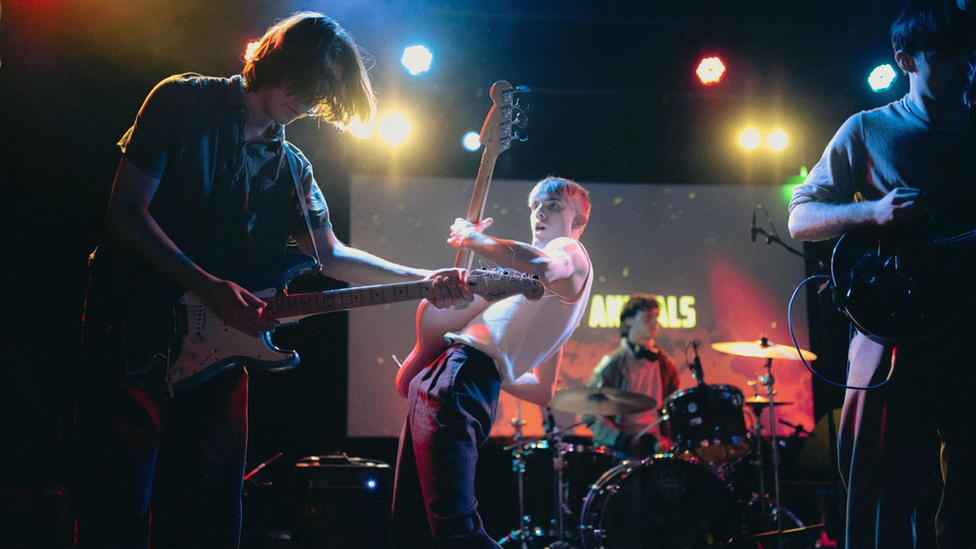
- Published3 February 2024
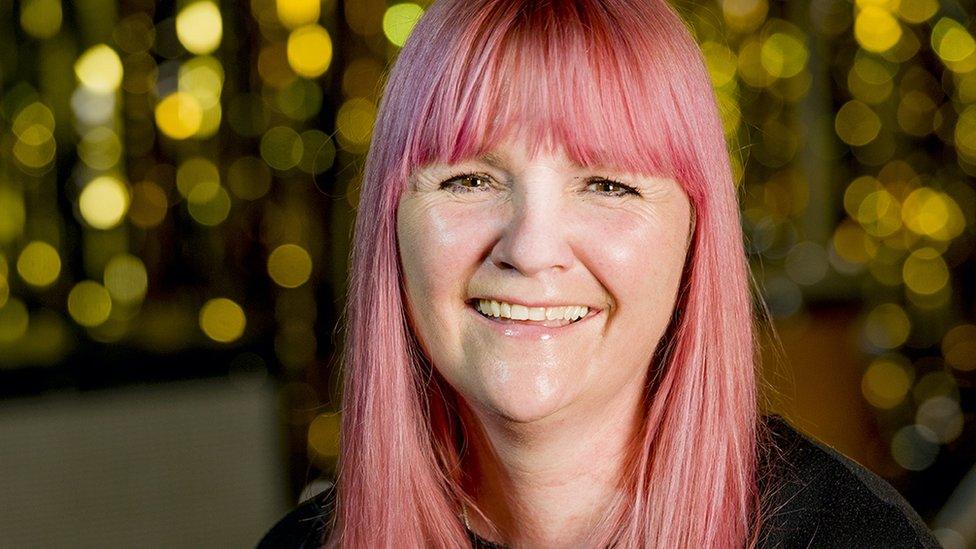
- Published7 May 2024
